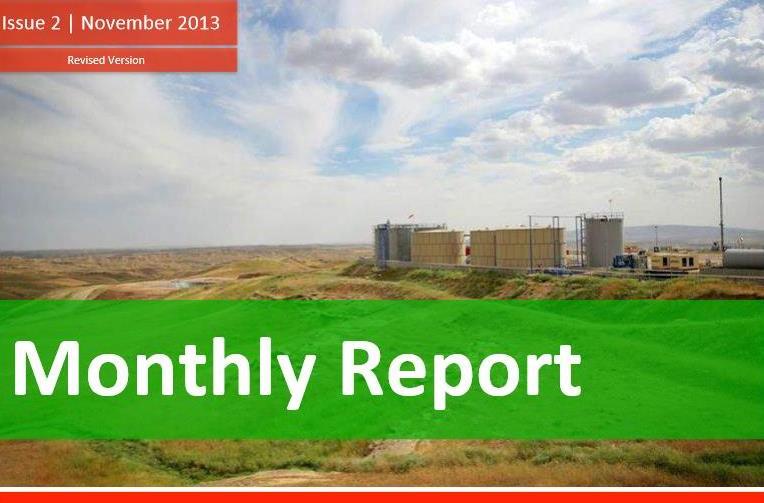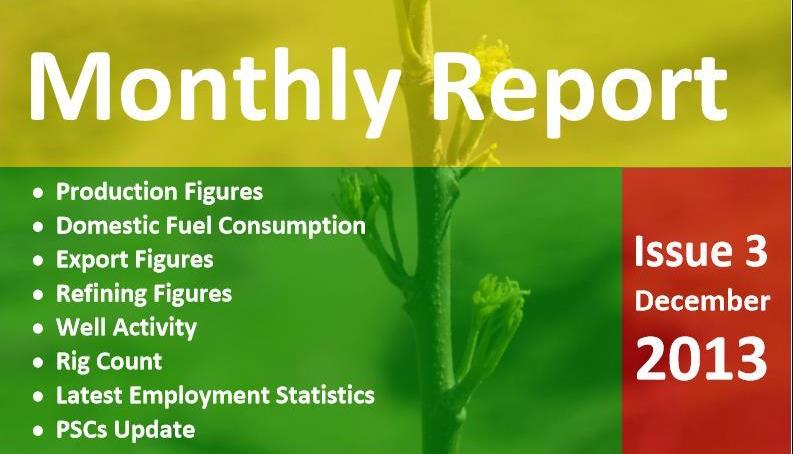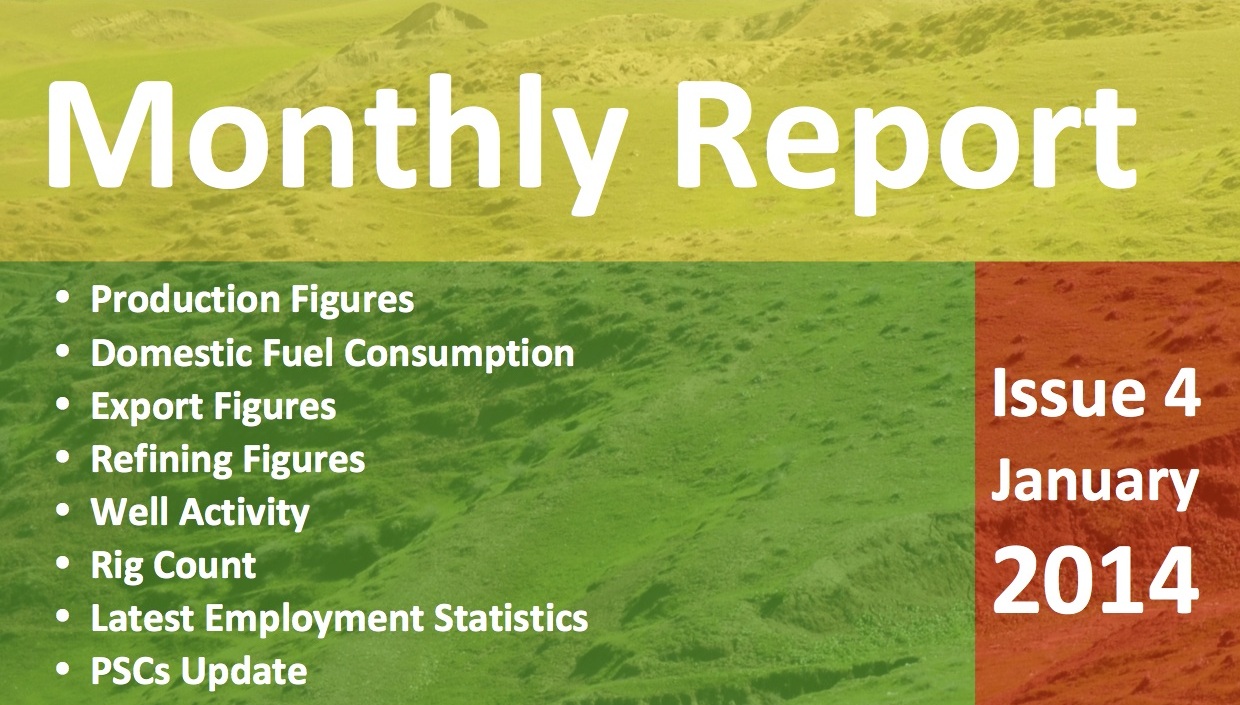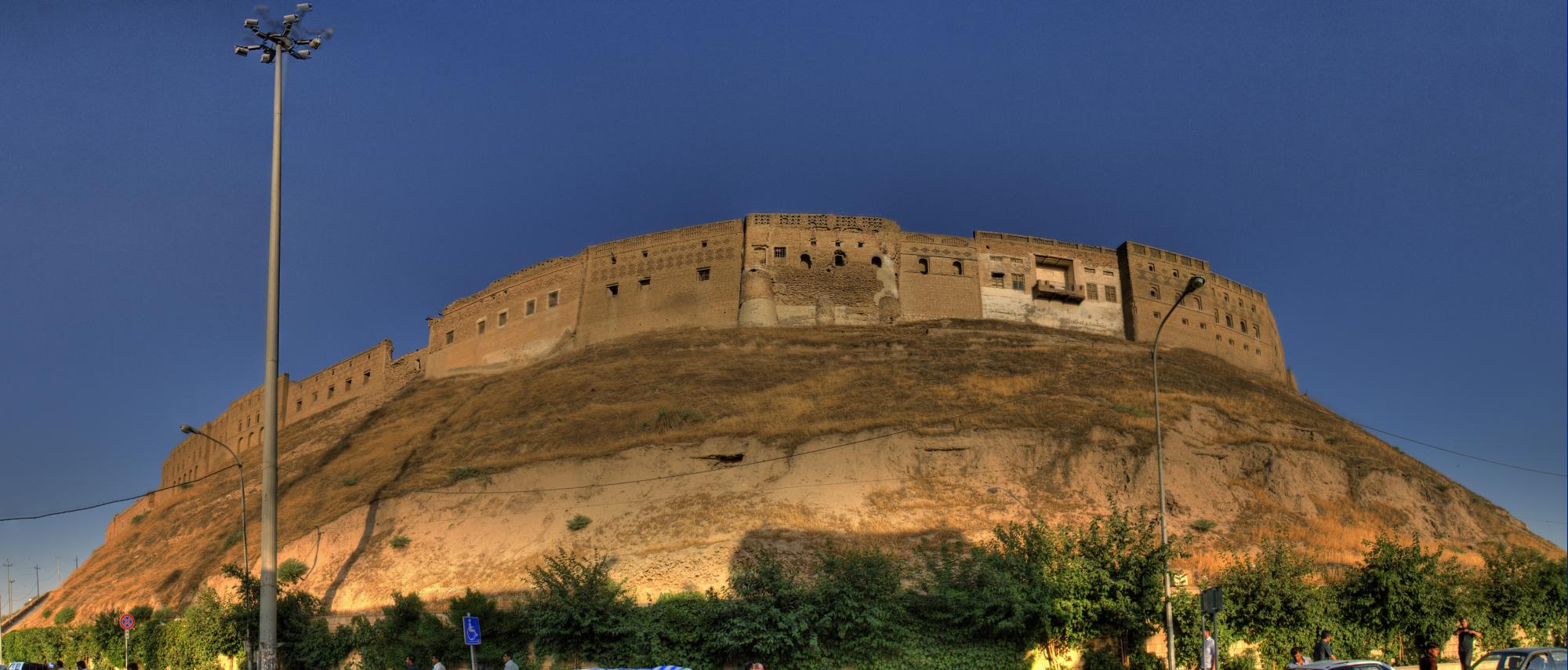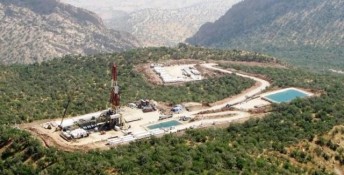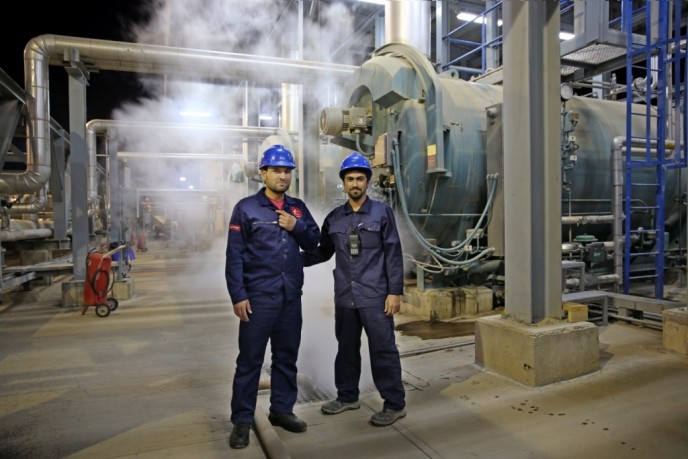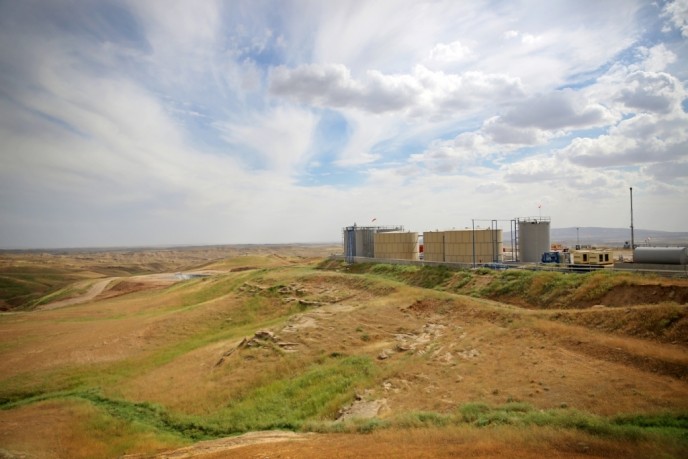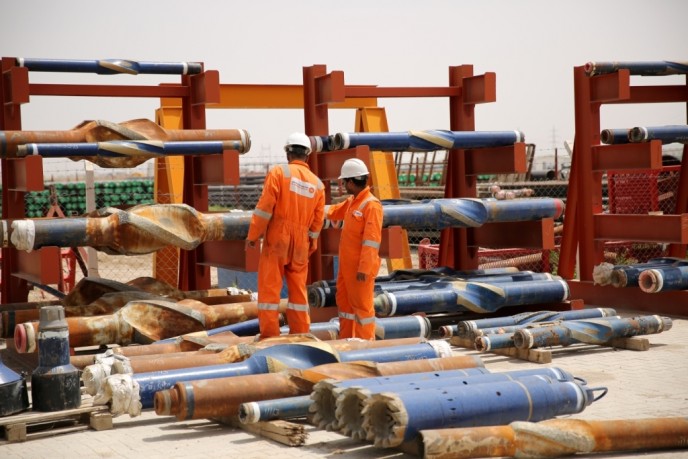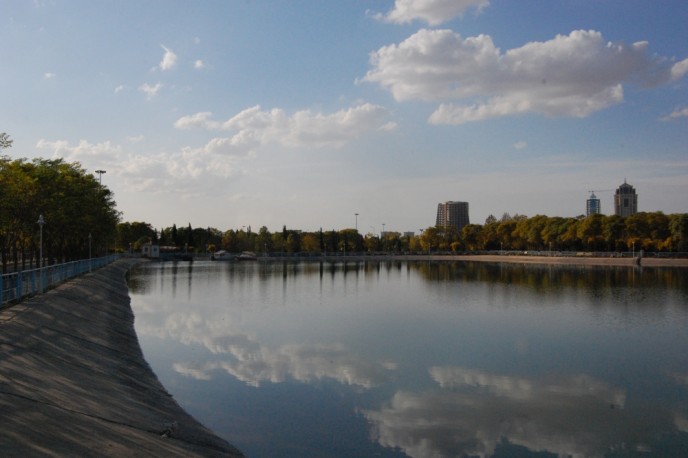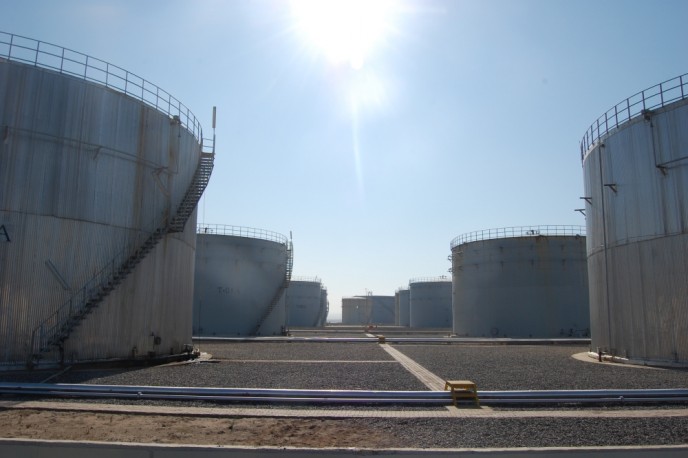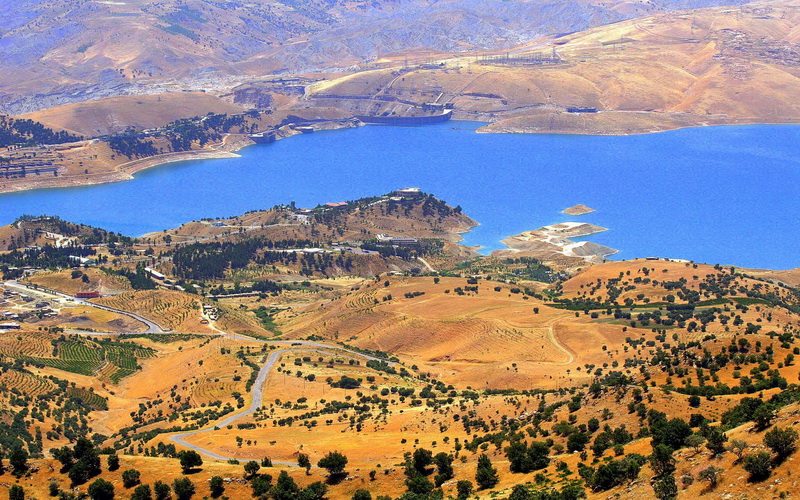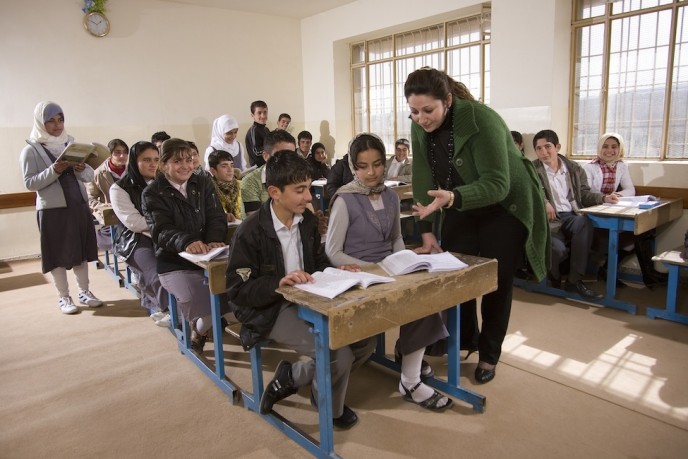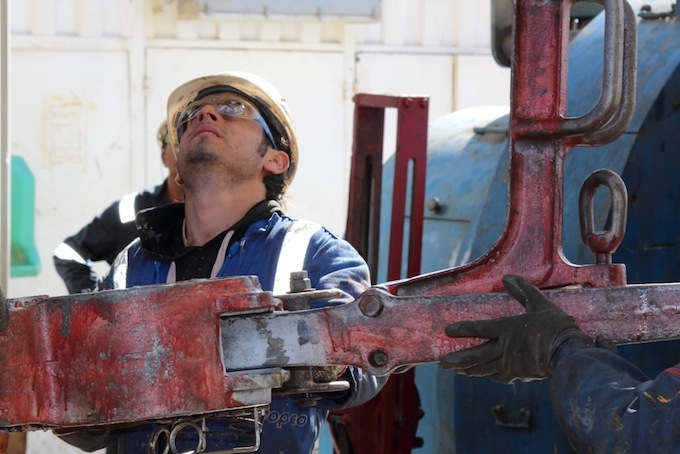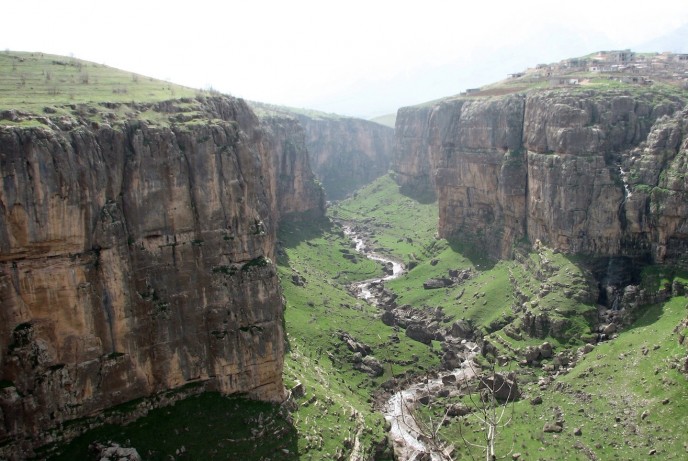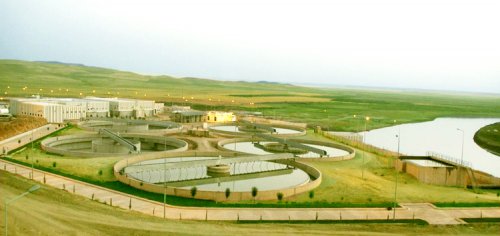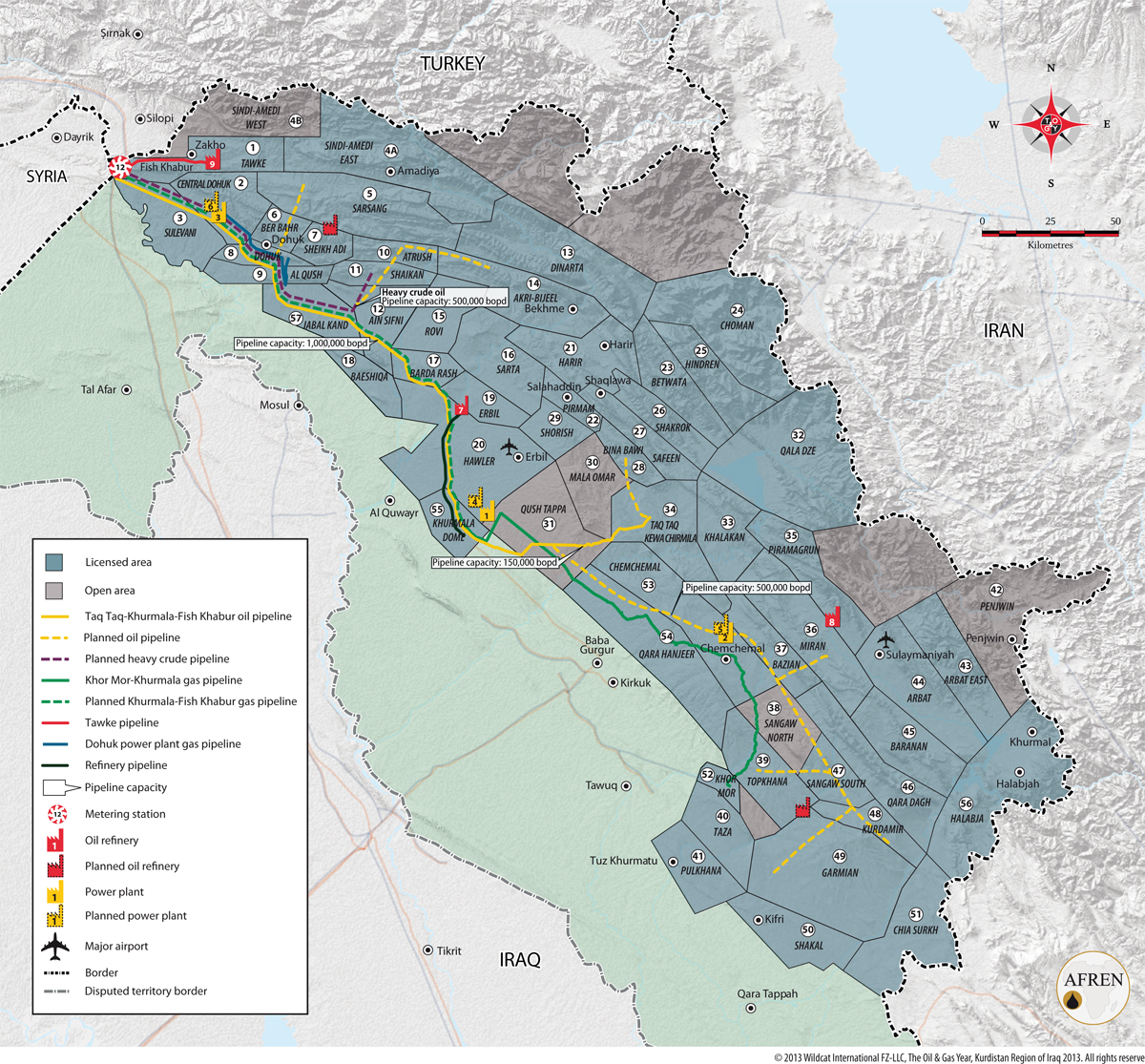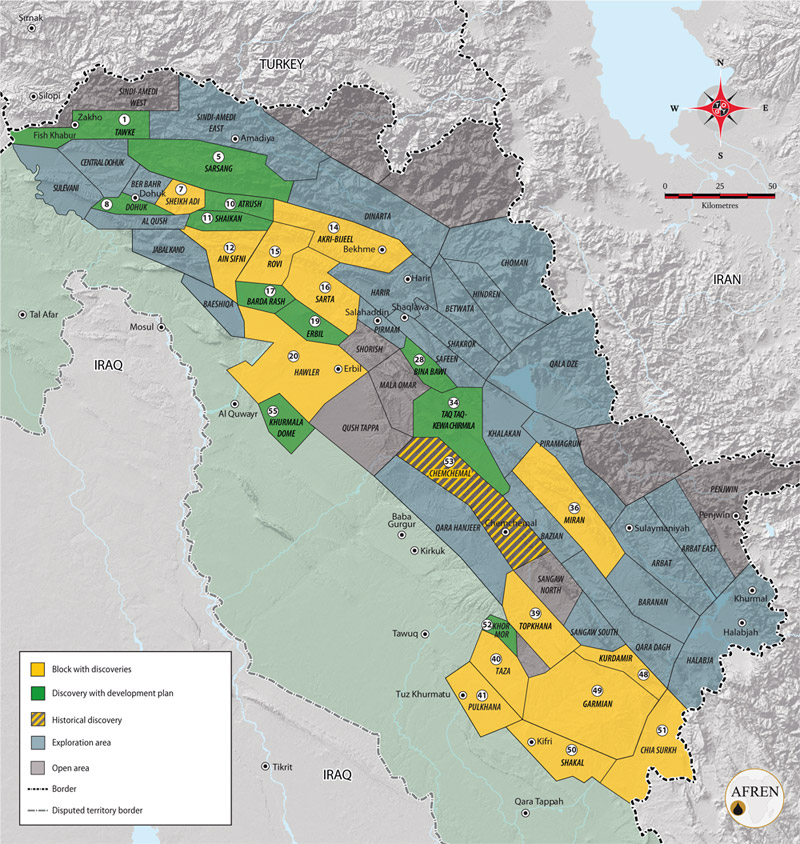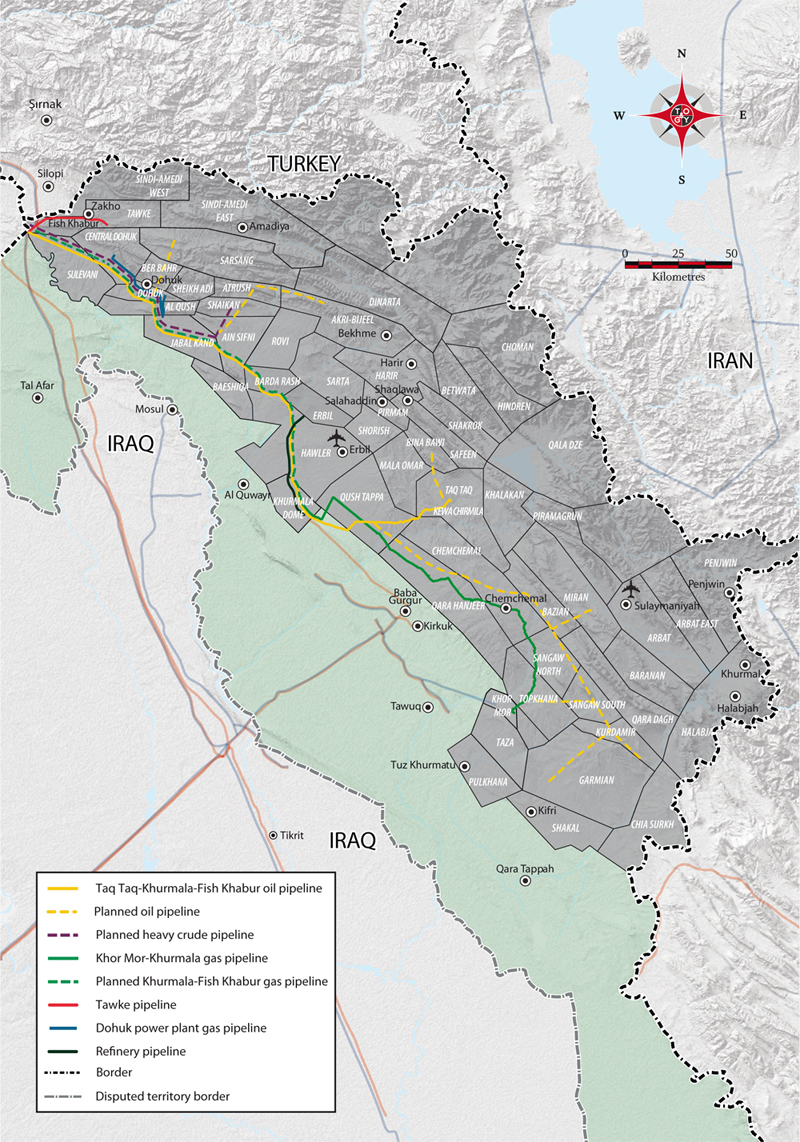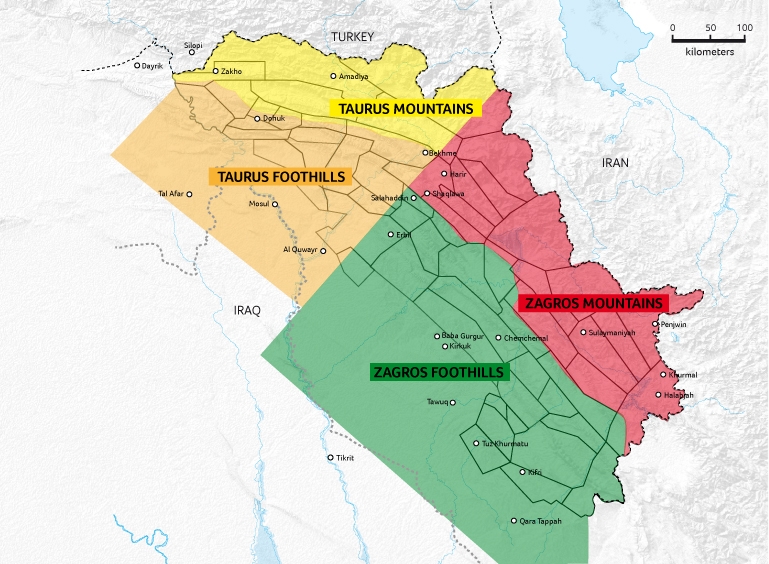2013 ANNUAL FINANCIAL REPORT
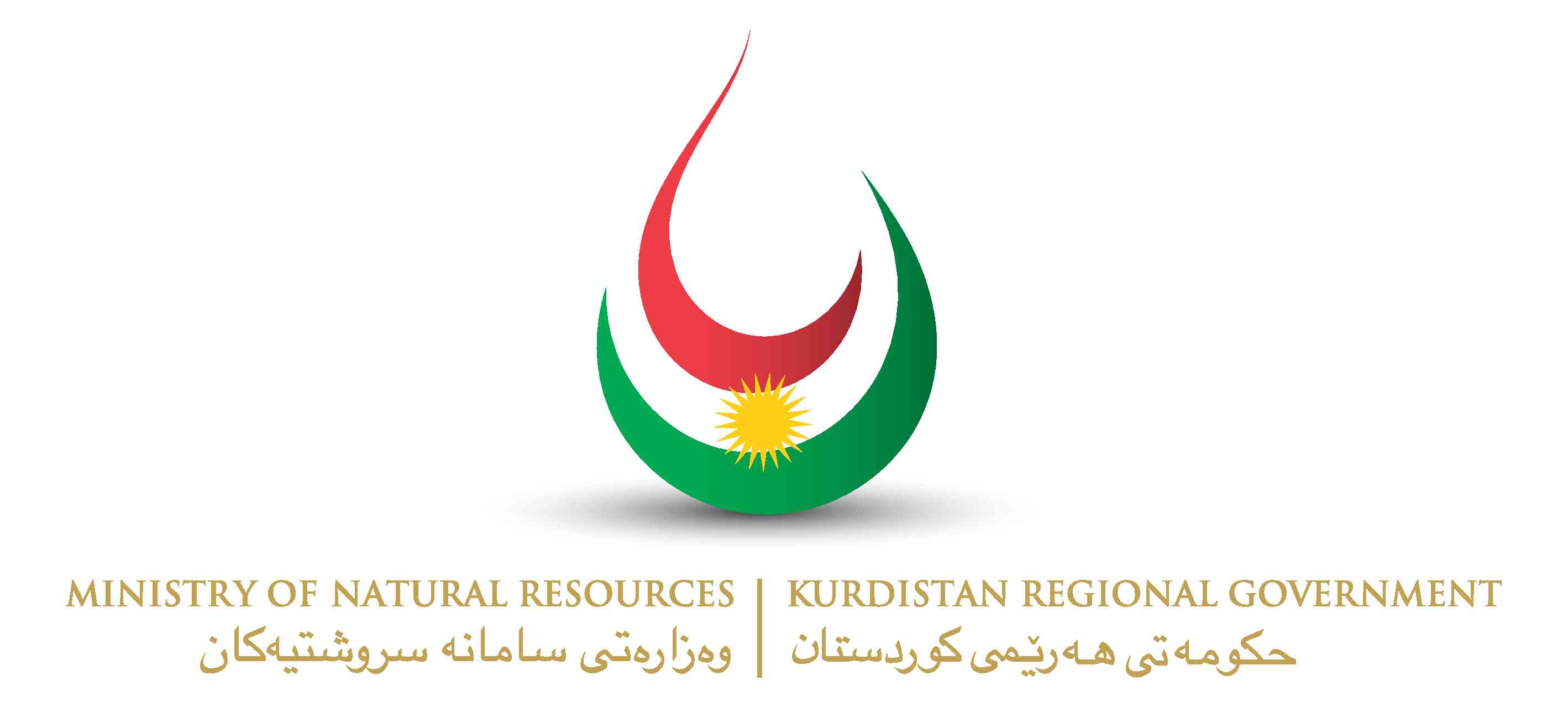
The Ministry of Natural Resources (MNR) has published its Annual Financial Report for 2013, a detailed and comprehensive guide to the financial operations of MNR. The report includes revenue figures from crude oil production, local crude oil sales, the selling of refined products, and bonuses and capacity-building support derived from the KRG's production sharing contracts with international oil companies.
Also detailed are MNR’s operational expenditures and overheads as well as the funding of a significant number of projects managed by the Kurdistan Regional Government (KRG) and by the individual governorates of the Region.
Costs for the purchase of diesel, kerosene and benzene for use in the Region’s power plants, in local industry and agriculture, and in people’s homes are included in the report.
Because it is the first of its kind, the 2013 report also contains comparative earnings and expenditure tables for the six previous years. Nevertheless, for completeness MNR will soon publish separate annual financial reports for each of the years 2007-2012.
From 2007-2013, MNR created gross revenue of US$9,714,331,861. Its gross expenditure over the same period amounted to US$8,794,110,220. Of this, after costs of refining, transportation and logistics, some US$5.85 billion was spent on projects for the Kurdistan Region.
The revenues derived to date have been within the limits of the 17% crude oil refining and internal consumption rights of the Kurdistan Region and are being used to fund the provision of electricity, new hospitals, fresh water units, housing for Anfal victims, new schools, universities and roads, and to help diversify the economic base through agriculture and tourism.
The report also draws attention to the fact that due to economic sanctions on the KRG by Baghdad, the KRG has under utilized its entitlement to 17% of Iraq’s crude oil refining and internal consumption since 2007. The data show the KRG has under utilized its quota by around 98 million barrels.
Minister of Natural Resources Ashti Hawrami said the publication of the Annual Financial Report highlighted the important work of MNR in underpinning the social and economic wellbeing of the people of the Kurdistan Region.
Minister Hawrami said: “Since the KRG passed its oil and gas law in 2007, MNR has presided over the impressive growth of the oil and gas industry in the Region, generating billions of dollars that have benefitted each and every citizen of Kurdistan, and also those of the rest of Iraq.”
He added: “Thanks to the progressive energy policies pursued by the KRG since 2007, oil and gas have become a key source of our future social, economic and political strength.Our policies will continue to ensure that management of the Region's revenues and economic independence are firmly established and managed locally and professionally, as provided for under the federal Constitution.”
To see the full version of the Annual Financial Report for 2013, please click here.
- Details
- Category: FINANCIAL REPORTS
- Published: 01 December 2014
- Hits: 6336
MNR MONTHLY REPORT: OCTOBER 2013
1 February 2014
Erbil, Kurdistan Region, Iraq -The KRG Ministry of Natural Resources (MNR) announces the publication of its first Monthly Report, covering activities in October 2013. The Monthly Report is part of the MNR’s ongoing commitment to transparency. Each report will be in English and Kurdish and will be posted every month on the MNR website.
- Details
- Category: MONTHLY REPORTS
- Published: 01 December 2014
- Hits: 5547
MNR MONTHLY REPORT: NOVEMBER 2013
The second MNR Monthly Report, covering activities in November 2013.
- Details
- Category: MONTHLY REPORTS
- Published: 01 December 2014
- Hits: 5418
MNR MONTHLY REPORT: DECEMBER 2013
The December 2013 report contains two new sections: production, refining and exports from 2003-2013; and Iraq’s domestic oil consumption versus KRG consumption and its entitlement from 2003-2013.
- Details
- Category: MONTHLY REPORTS
- Published: 01 December 2014
- Hits: 5472
MNR MONTHLY REPORT: JANUARY 2014
The fourth Monthly Report, covering activities in the month of January 2014.
- Details
- Category: MONTHLY REPORTS
- Published: 01 December 2014
- Hits: 5675
ABOUT THE MINISTRY
The Ministry of Natural Resources of the Kurdistan Regional Government is responsible for the development of natural resources in the region.
- Details
- Category: ABOUT THE MINISTRY
- Published: 25 August 2013
- Hits: 6468
A NEW PSC
Under the auspices of the 2005 Iraqi Constitution, the Kurdistan Parliament passed an oil and gas law in 2007 to support the development of the region’s hydrocarbons. This legal framework supports a fair and transparent investment environment and establishes production-sharing contracts that balance the risk and reward of investing in the Kurdistan Region.
- Details
- Category: CONTRACTS
- Published: 25 August 2013
- Hits: 15882
PSCs SIGNED
We have made available to read the production sharing contracts signed with the Kurdistan Regional Government. Read them here.
- Details
- Category: CONTRACTS
- Published: 25 August 2013
- Hits: 23194
TRANSPARENCY
Transparency and fairness have been the cornerstones of the Kurdistan Region’s investment laws and policies. The Extractive Industry Transparency Initiative was incorporated as an article in the regional oil and gas law in 2007, and helps ensure transparency and proper budgetary management of oil revenues.
- Details
- Category: TRANSPARENCY
- Published: 25 August 2013
- Hits: 6424
TRANSPARENCY IN PROCUREMENT
The procurement process at the Ministry of Natural Resources involves joint input from both the oil companies and the ministry, to ensure that a competitive, fair and transparent bidding process is conducted.
- Details
- Category: TRANSPARENCY
- Published: 25 August 2013
- Hits: 6238
LAWS
We undertake our work according to the principles enshrined in the Iraqi constitution, and according to the provisions of the Kurdistan Oil and Gas Law. We have made available to read a Model Production Sharing Contract and the contracts signed with companies.
- Details
- Category: LEGAL FRAMEWORK
- Published: 25 August 2013
- Hits: 10654
REGULATIONS
The Ministry has regulations on land compensation, to ensure that local communities are compensated when their lands are used by oil companies. Read also about the KRG's regulations on importing and exporting explosive, chemical and radioactive substances for oil and gas industry uses.
- Details
- Category: LEGAL FRAMEWORK
- Published: 25 August 2013
- Hits: 9659
OUR POLICIES
The Kurdistan Regional Government has developed energy policies in accordance with the Iraqi constitution and the Kurdistan Oil and Gas Law. Read about our policies and the strategies we are using to achieve our goals.
- Details
- Category: LEGAL FRAMEWORK
- Published: 25 August 2013
- Hits: 6463
COMMUNITY SUPPORT RELATIONSHIP
Every oil and gas company active in the Kurdistan Region is encouraged to engage into
- Details
- Category: THE MINISTRY
- Published: 25 August 2013
- Hits: 28285
LOCAL CONTENT
The development of local content in the Kurdistan Region is facilitated through the Regional Government’s capacity building programmes.
- Details
- Category: THE MINISTRY
- Published: 25 August 2013
- Hits: 7912
HEALTH SAFETY ENVIRONMENT
The Ministry is dedicated to the health and safety of the workers and citizens of the Kurdistan Region and throughout Iraq, and encourages the sustainable, long-term development of the country’s resources.
- Details
- Category: THE MINISTRY
- Published: 25 August 2013
- Hits: 14901
CAPACITY BUILDING
Early in the drafting of its energy policy, the regional government launched a capacity-building programme, to ensure that tangible benefits of our oil and gas wealth are felt across the Kurdistan Region, and to support the development of local expertise.
- Details
- Category: THE MINISTRY
- Published: 25 August 2013
- Hits: 10630
THE MINISTER
Dr Ashti Hawrami was appointed Minister for Natural Resources in May 2006, and reappointed in the six cabinet on 28 October 2009 following the July 2009 Kurdistan Region parliamentary elections. He was reappointed in the seventh cabinet, on 5 April 2012.
- Details
- Category: ABOUT THE MINISTRY
- Published: 25 August 2013
- Hits: 13003
Subcategories
FINANCIAL REPORTS
The Ministry of Financial Resources' financial reports
MONTHLY REPORTS
The Ministry of Natural Resources' monthly reports.
